Related articles
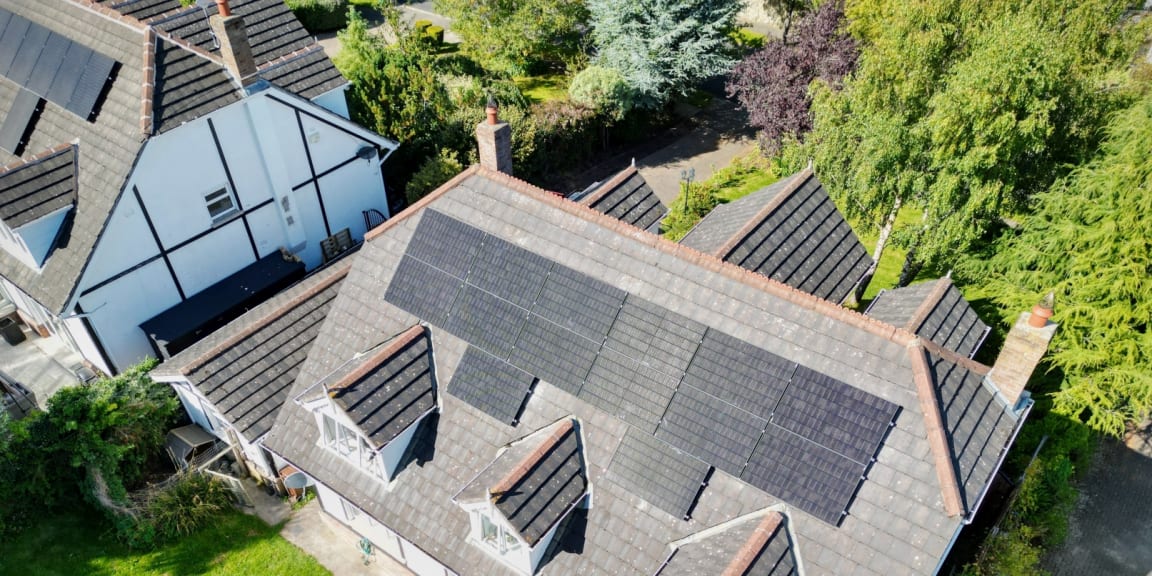
Are solar panels worth it?
An overview of the factors to consider when deciding if solar is the right financial choice for you.
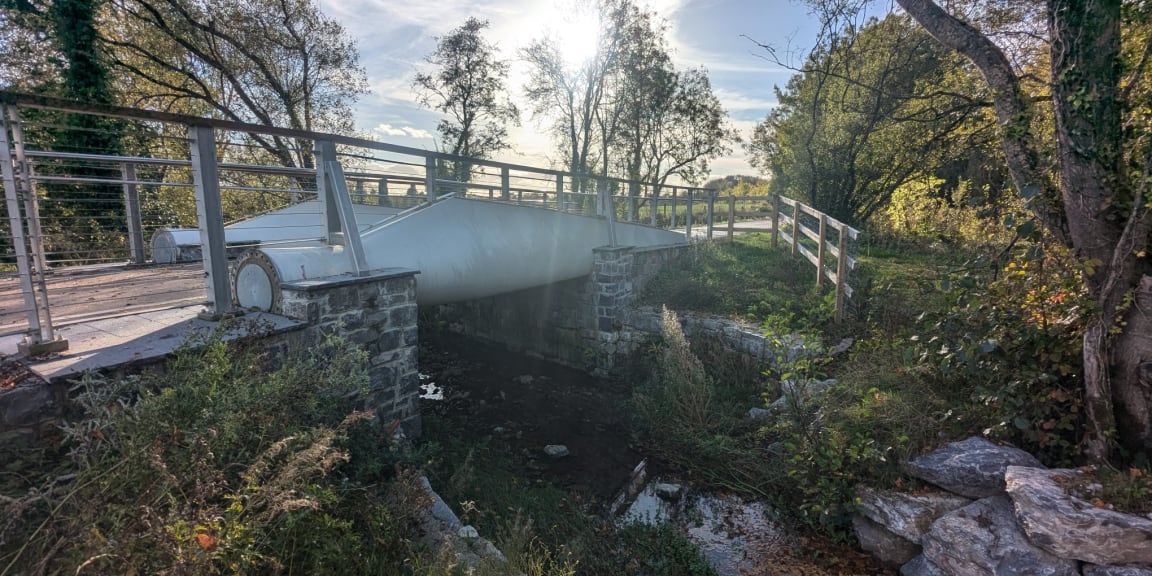
Ireland's BladeBridge
Our visit to a bridge made using repurposed wind turbine blades in County Cork.
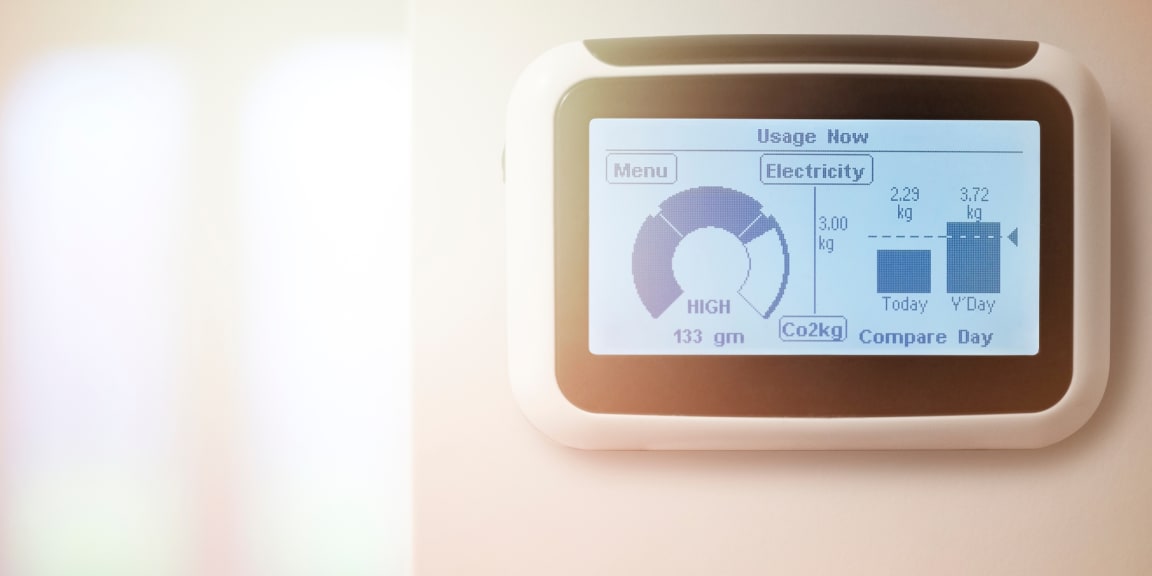
Is solar the greenest option?
The best return-on-investment ways to reduce your carbon footprint.
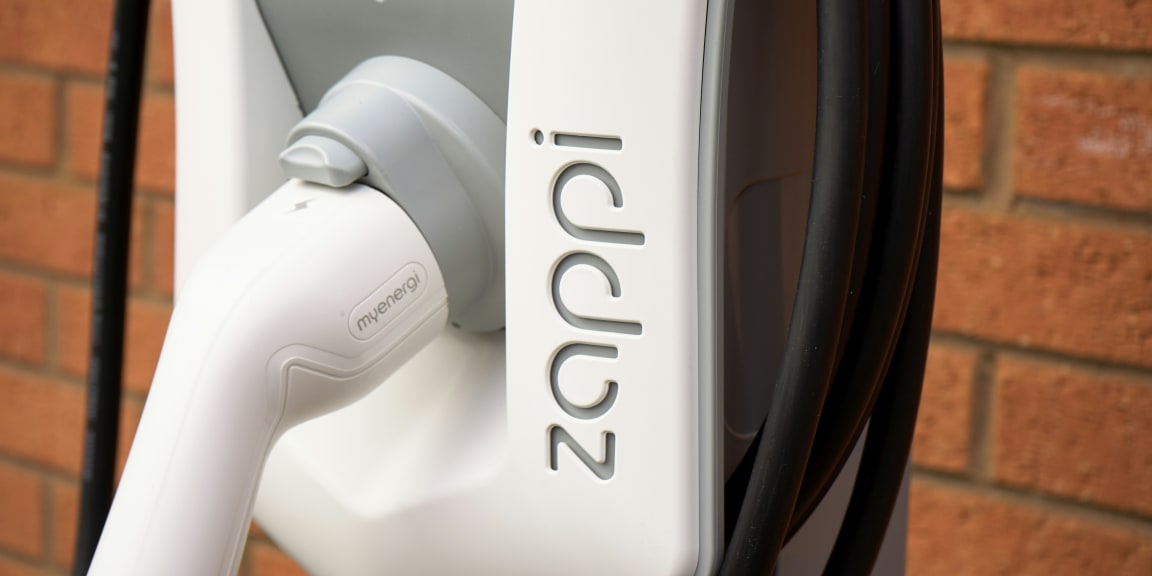
How to charge from solar
How to charge your electric car using energy from your own solar panels.
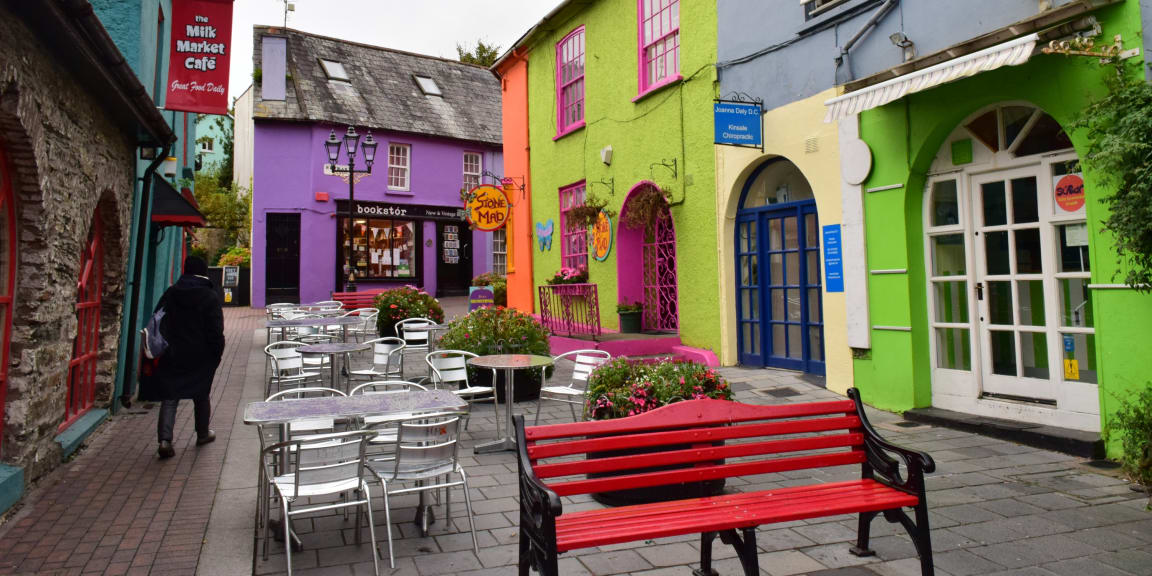
Circular living in Ireland
Ireland's path to a greener future: embracing circular living for lasting sustainability.
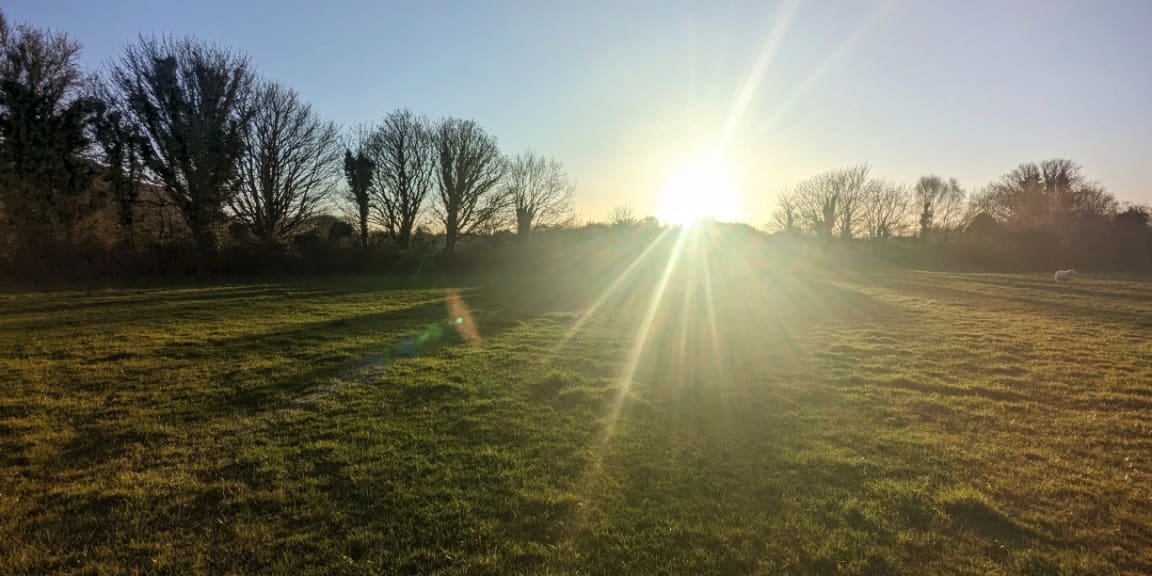
Ireland's best counties for solar
We ranked Ireland's best and worst counties for solar power output.
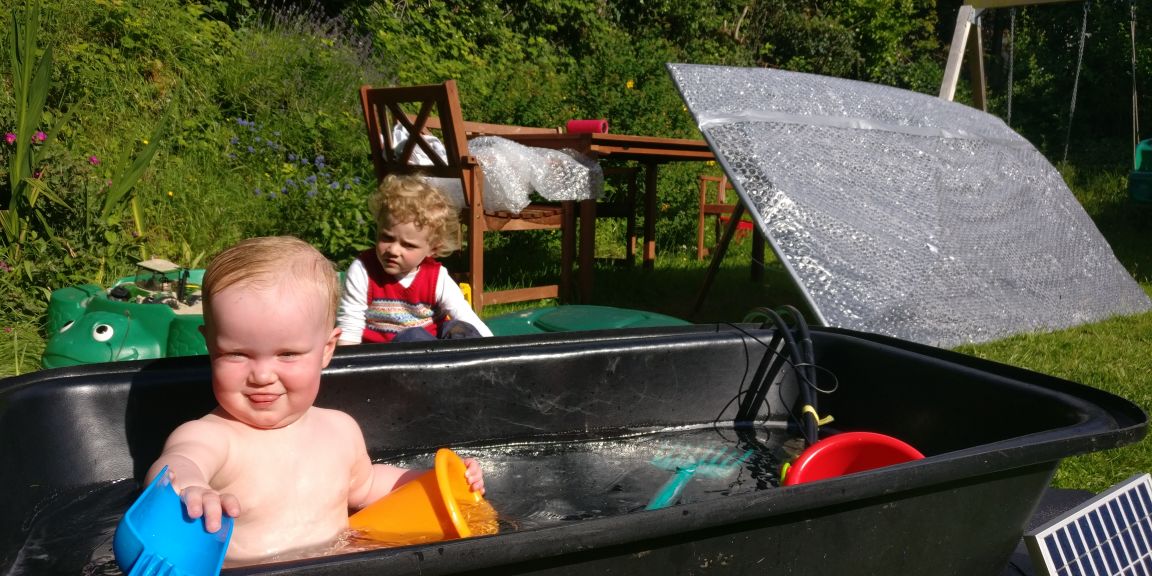
DIY thermal solar panel
How to build your own solar panels to heat a hot tub or paddling pool at home.
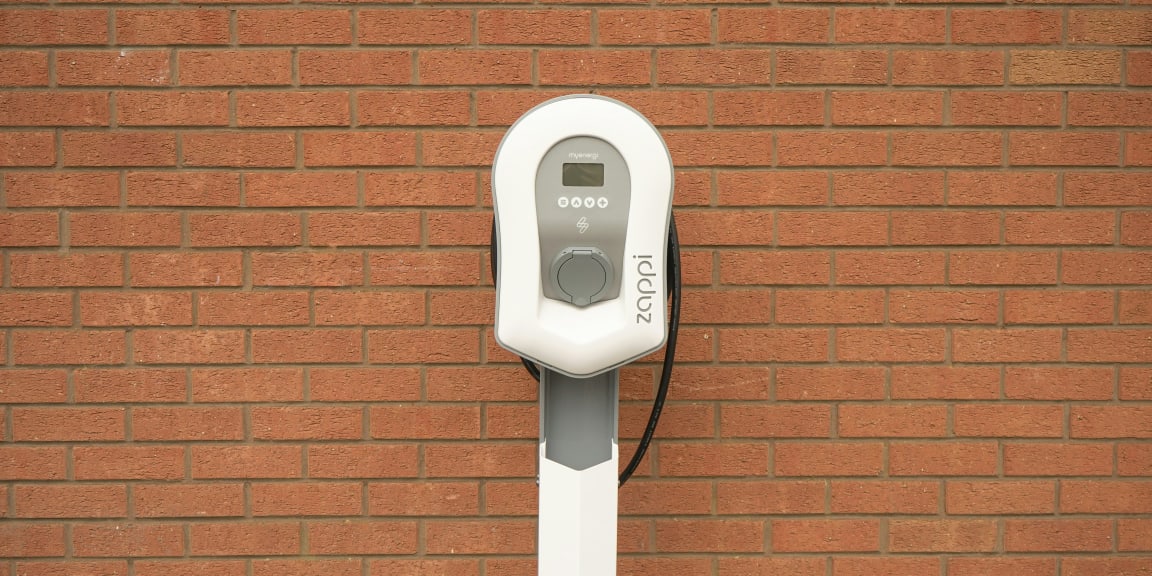
Buying an EV charger
Everything you need to know about electric car chargers, pros and cons.
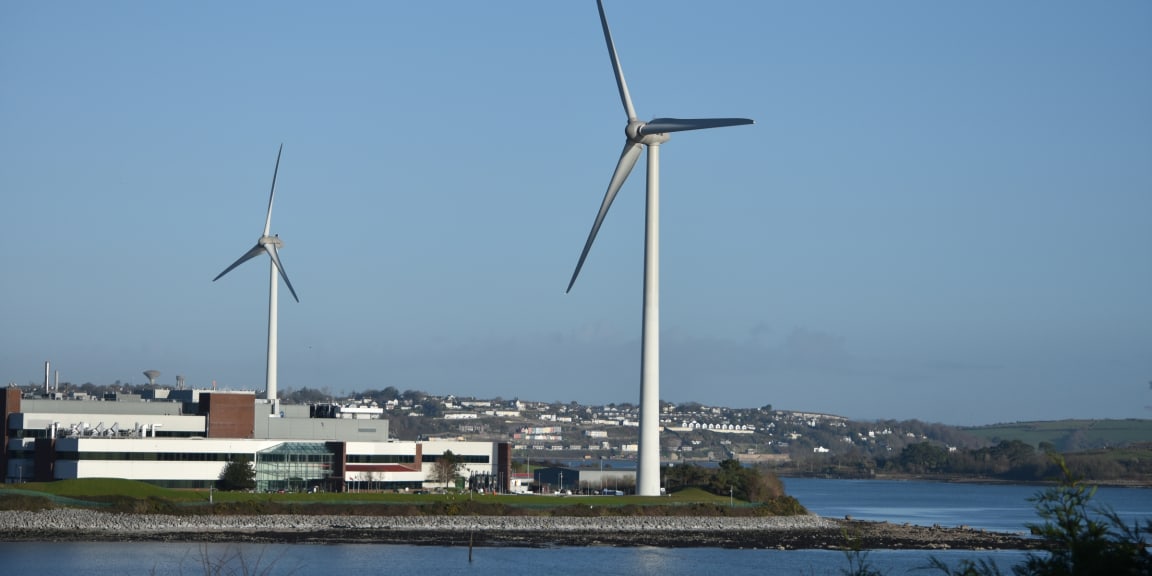
ESB Networks "Is this a Good Time"
One simple change for you, a significant carbon saving for Ireland, and financial rewards for you.

All about feed-in tariffs
How to make money by selling your excess solar electricity back to the grid.
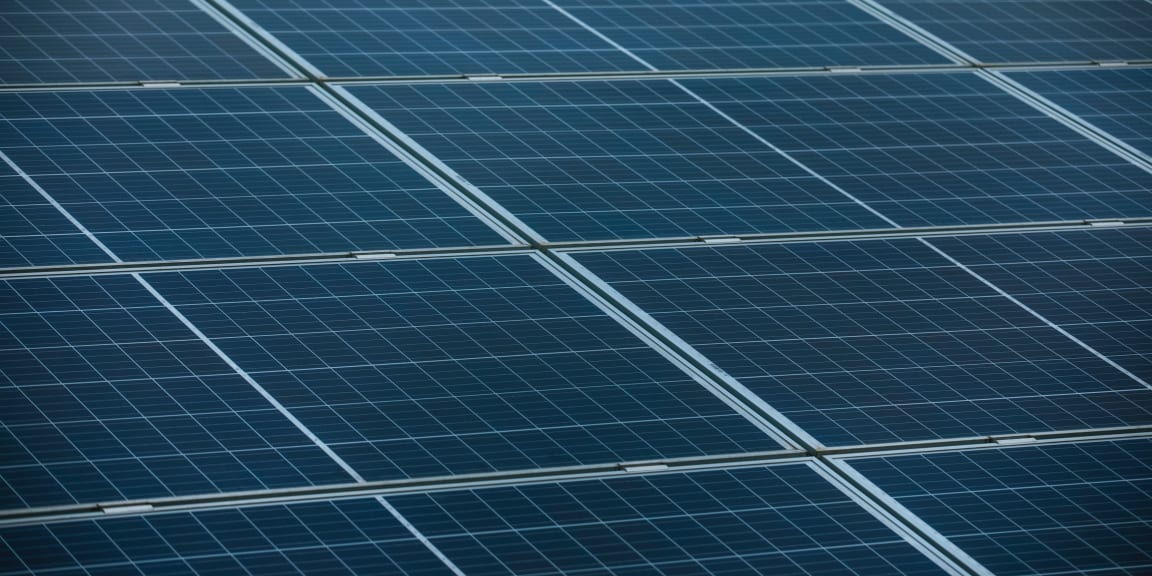
Free solar for good causes
We're giving away all of our 2024 profits to good causes in Ireland.
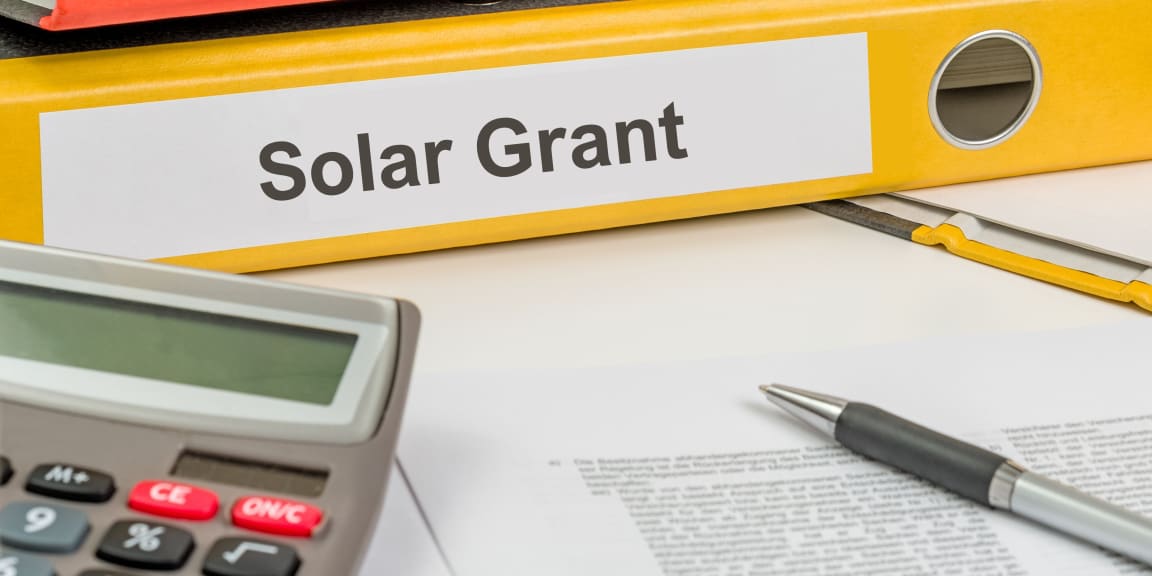
Solar grants guide
The definitive guide to solar grants [2026]. What you get, how to apply, and more.
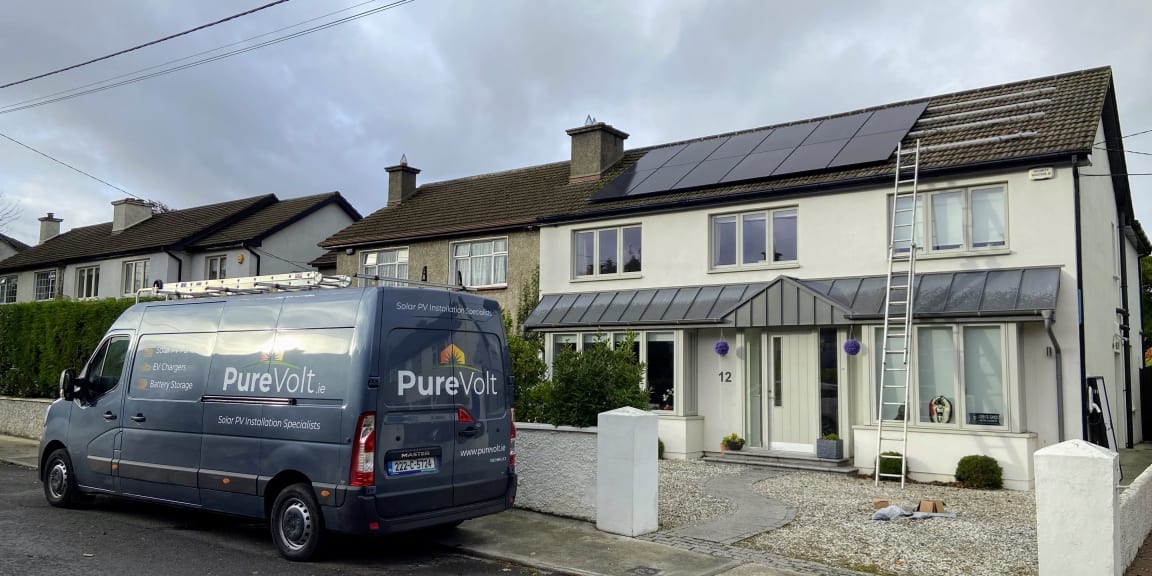
Group-buying solar savings
Enjoy savings on solar by teaming up with your neighbors for a group-buy in your area
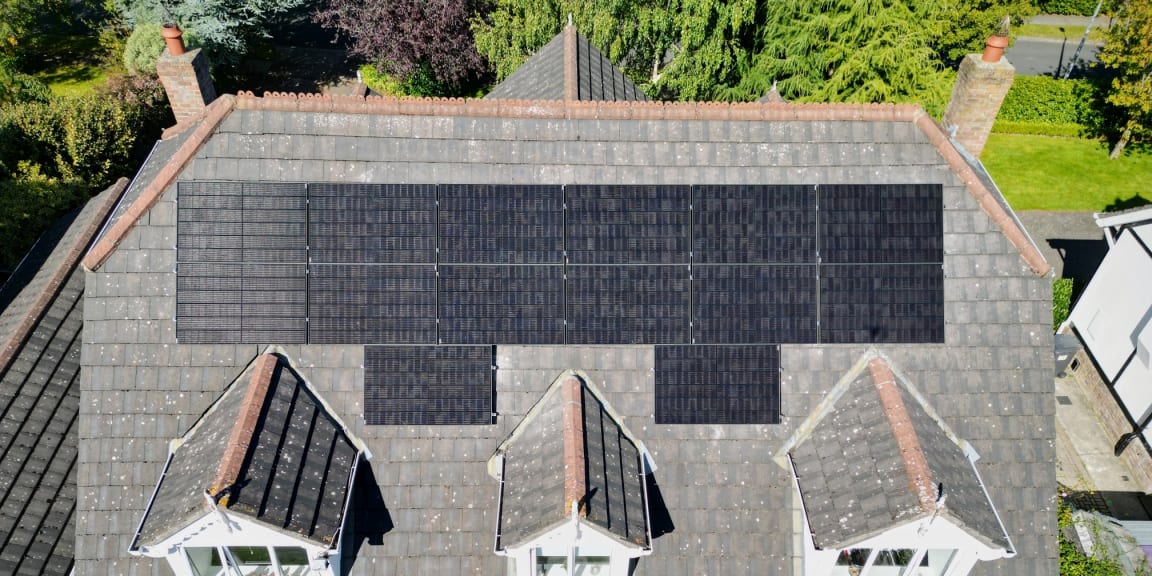
An Irish history of solar
A very geeky history of solar panels and their usage in Ireland
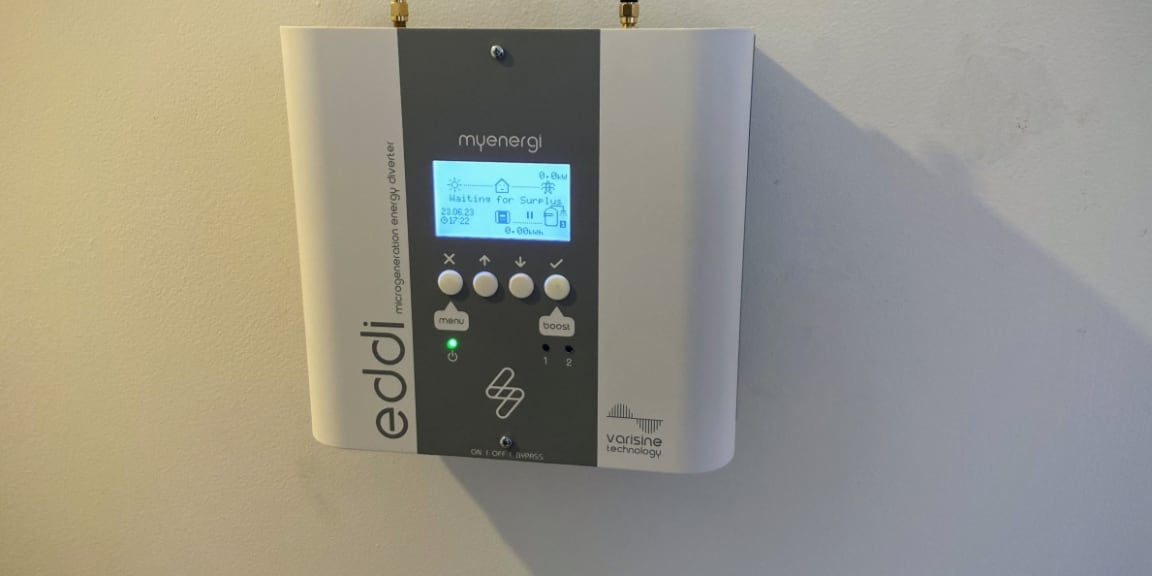
Immersion diverters
What are solar immersion diverters, and are they right for your home?
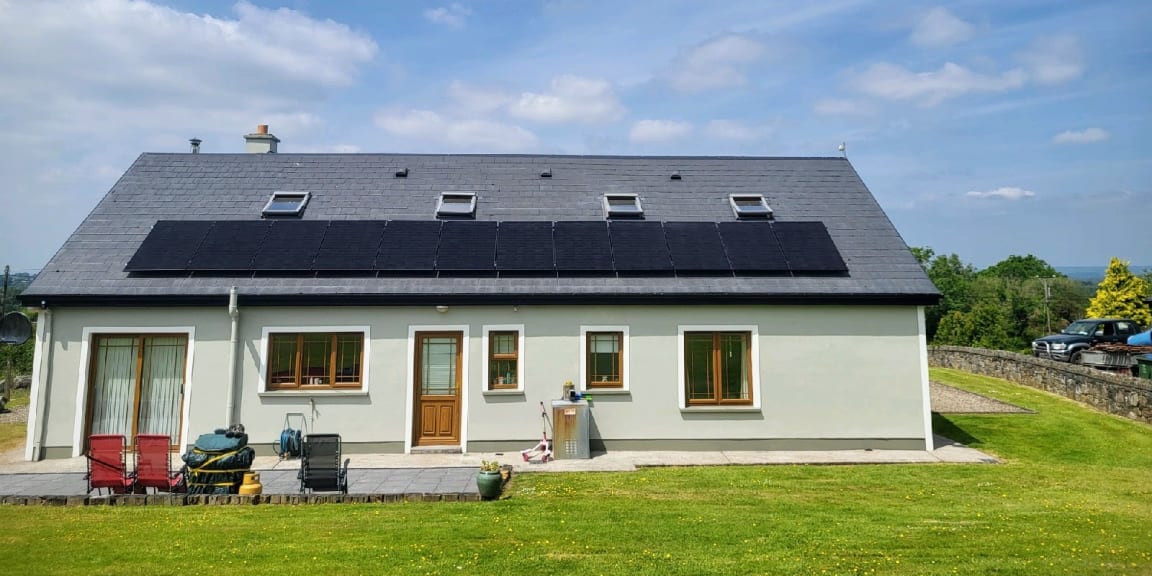
Suitable for solar?
Not all homes are right for solar. Here's how to know if yours is one of them.
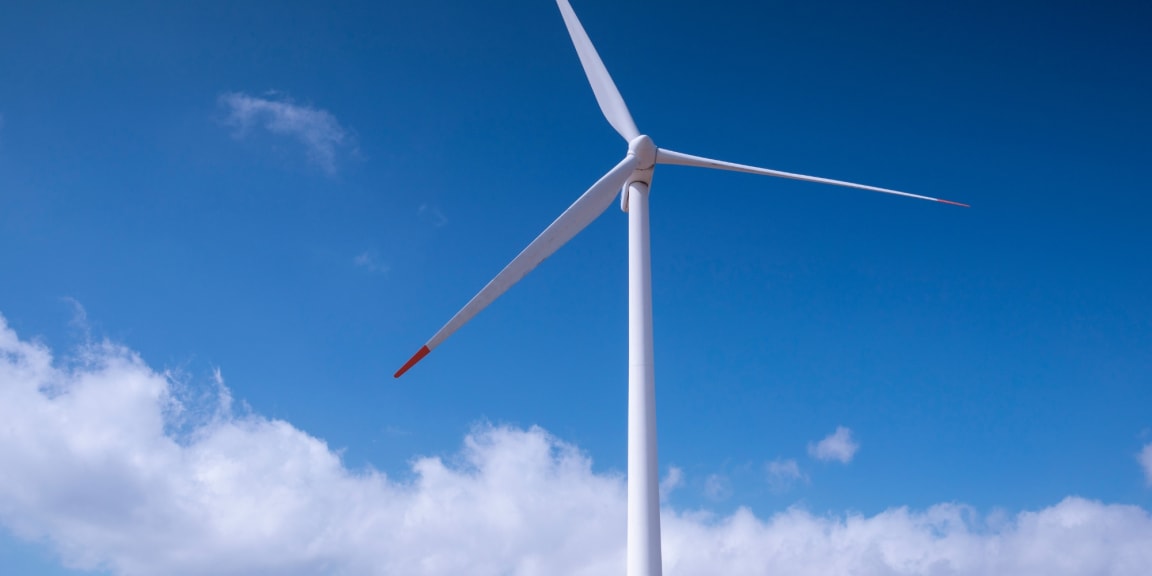
How green is Ireland?
Using real data to highlight Ireland's progress toward a sustainable future.
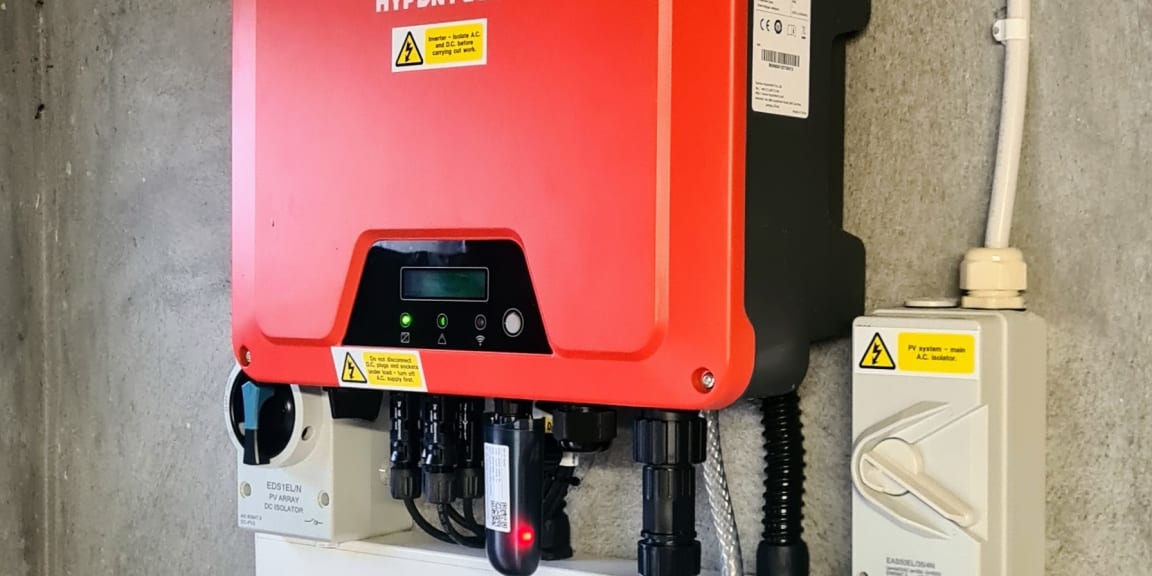
Solar equipment guide
Solar PV components explained. The must-haves and the added extras.
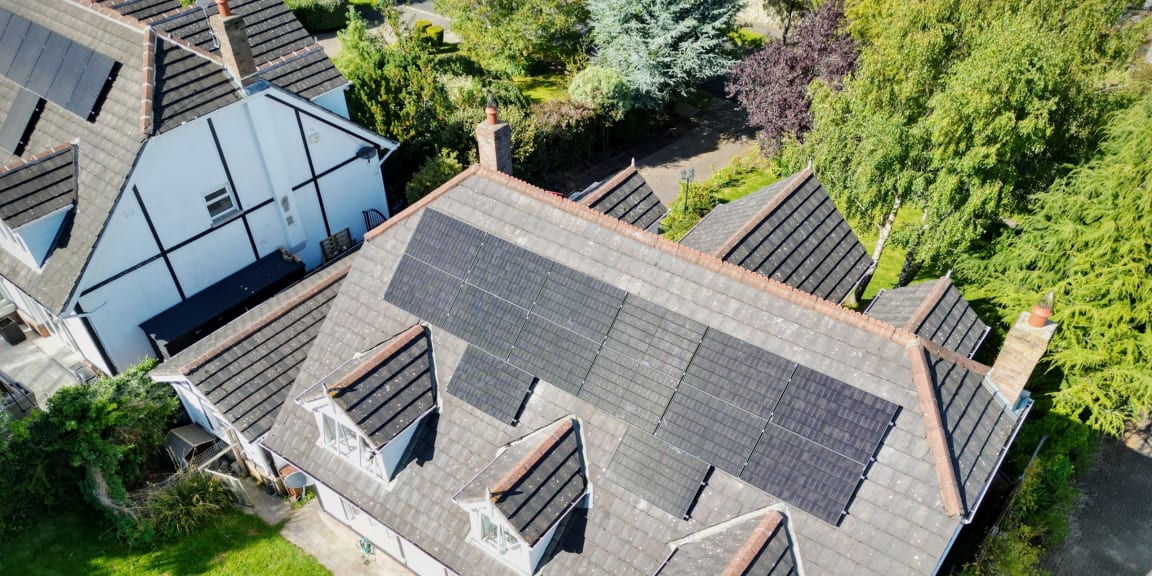
Ireland's solar revolution
Ireland aims to shift to a global leader in the solar generation movement.
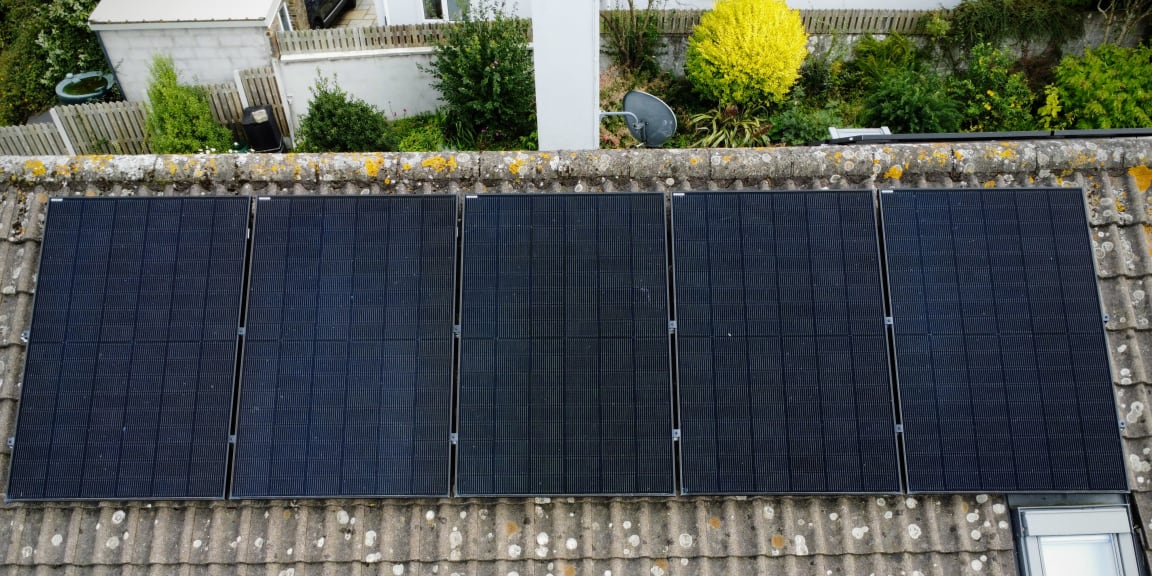
Map of our solar installations
We want to help Ireland go green. Here's how we've done in 2023 and 2024.
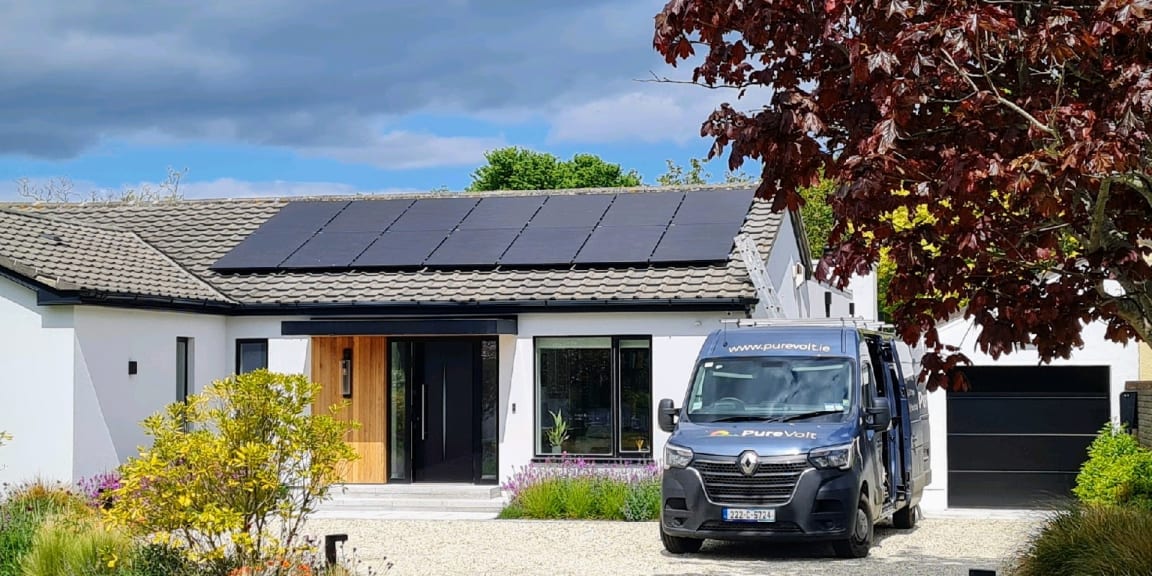
PV solar panels guide
The ultimate guide to PV solar panels (the ones that generate electricity).
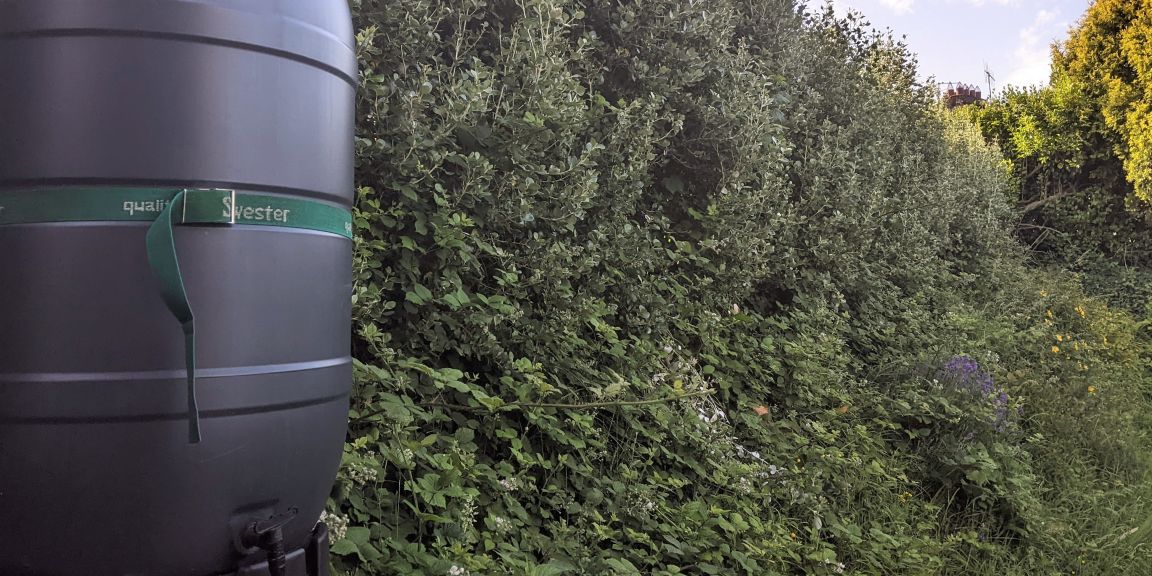
Reducing CO2 at home
Costs and results: a one-man mission to slash the carbon footprint at home.
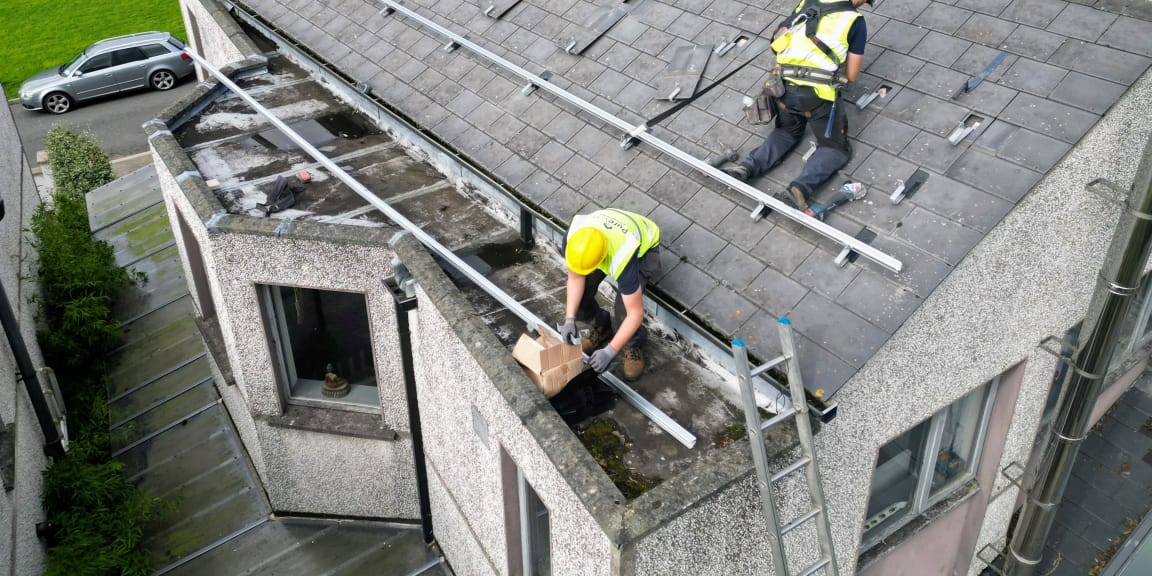
The role of your roof
In-depth: the optimal angle and orientation of your roof for solar panels.
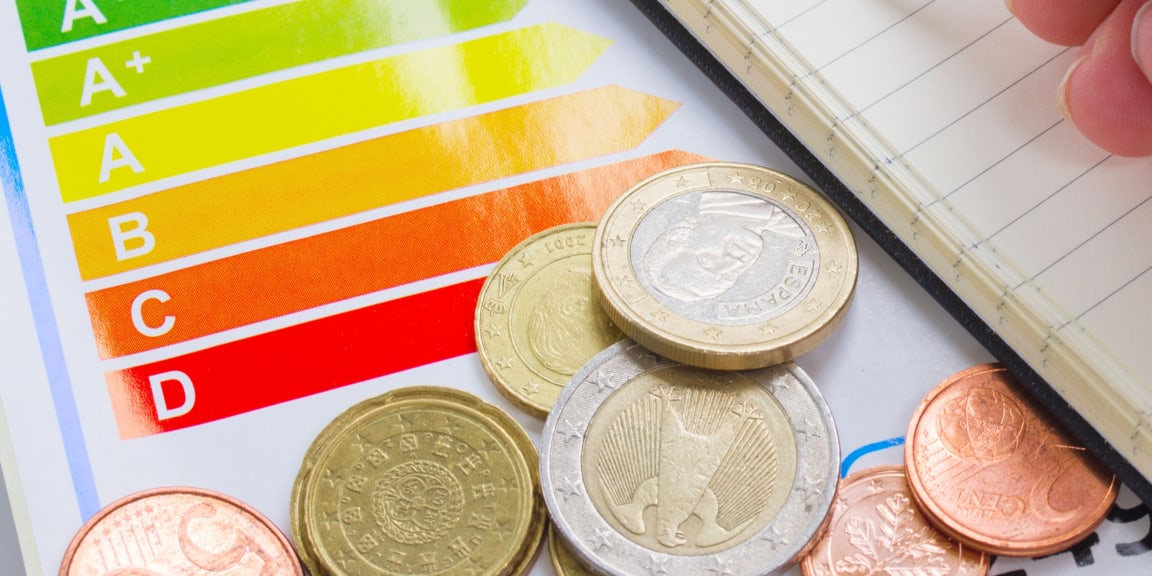
PV battery calculator
The ultimate solar battery savings calculator. Will a PV battery save you money?

The grant application process
Our step-by-step guide to completing your SEAI solar PV grant application [2026].
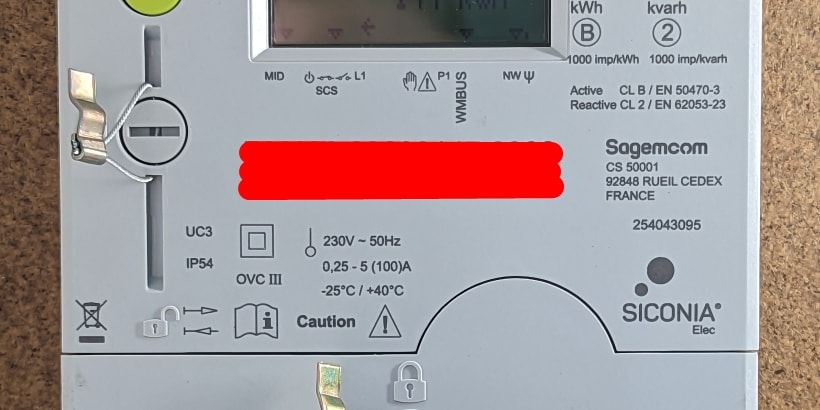
Smart meters & solar
How to save big money using smart meter plans, solar panels and solar batteries.
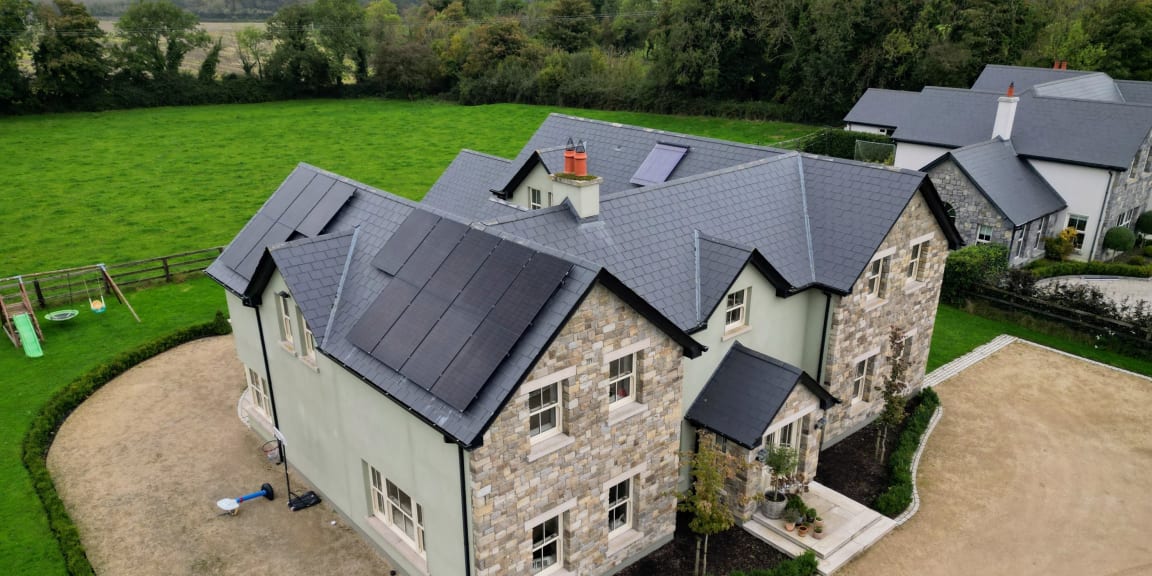
How many panels?
The 2026 calculator: find out how many solar panels are right for your house.
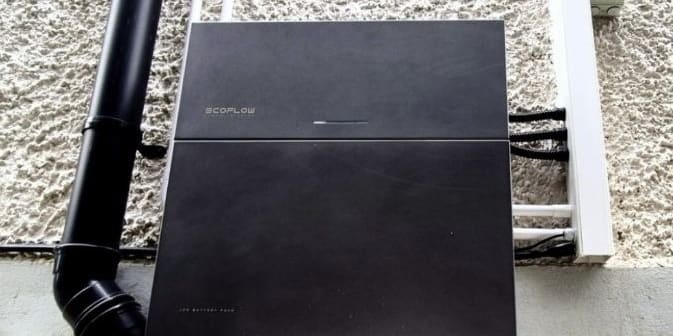
Solar inverters
Q&A: what are solar inverters, what do they do and why do you need one?
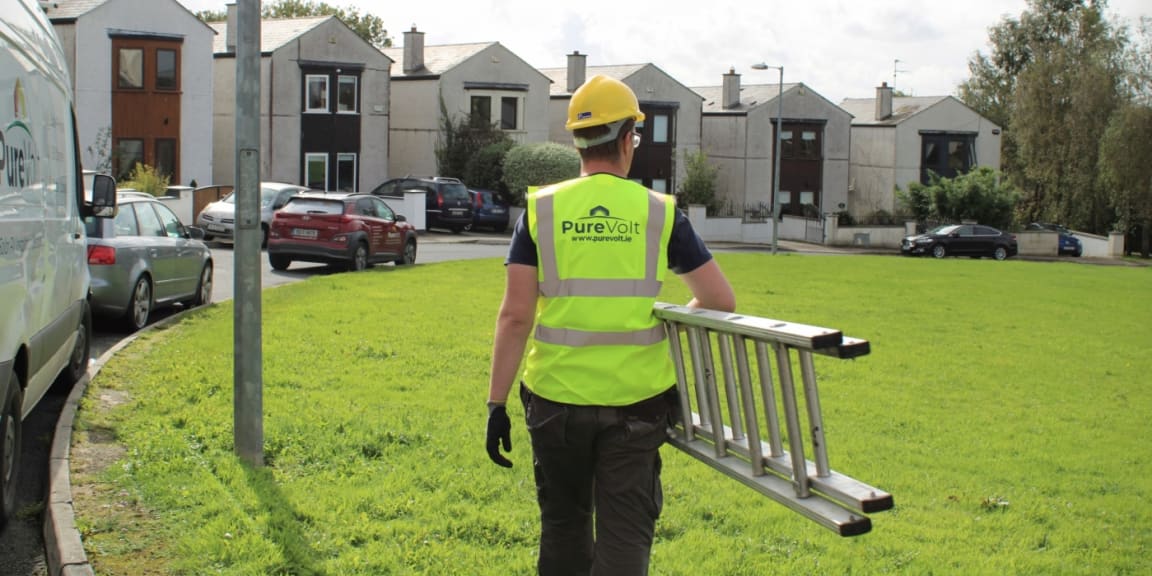
Solar jargon buster
Solar installations 101. A no-nonsense guide to solar jargon and terminology.
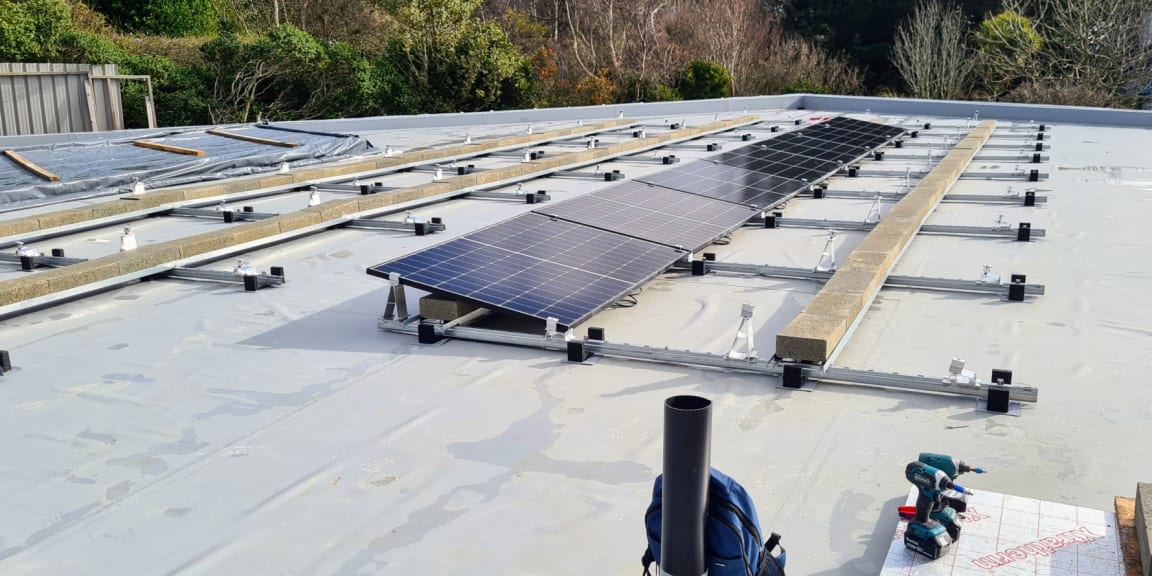
Mounting equipment
What you need to know about how solar panels are fixed to your roof.

Solar costs & savings
What solar panels cost & what you'll save, both in Euros and CO2 footprint
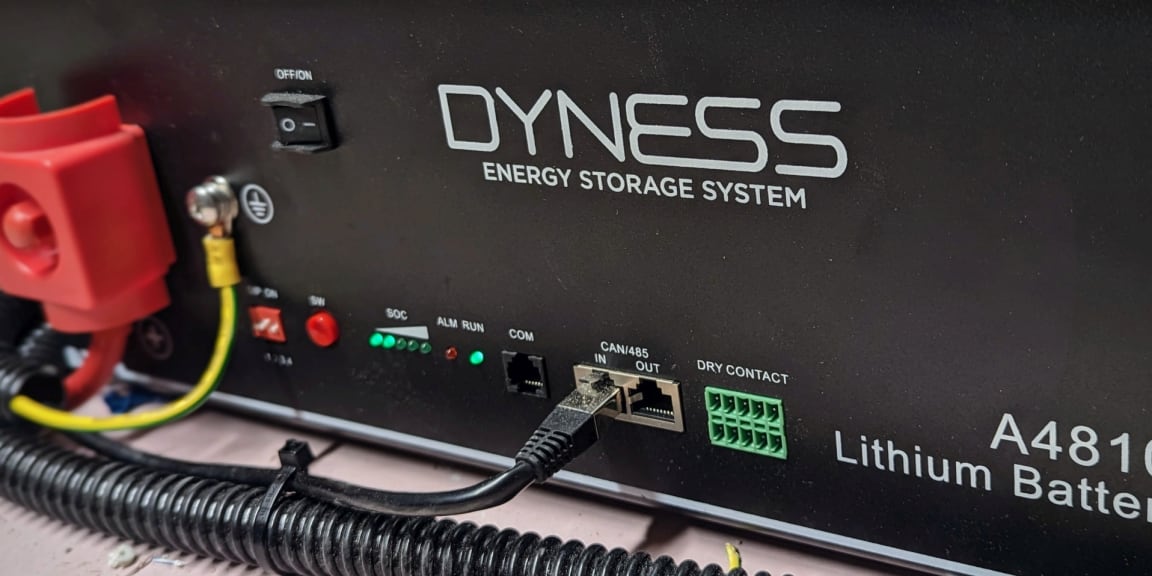
Solar storage batteries
Pros and cons of storage batteries, what they cost, case studies and more.

Solar VAT reduction
All about the VAT rate on domestic solar panel supply and installation (0%).
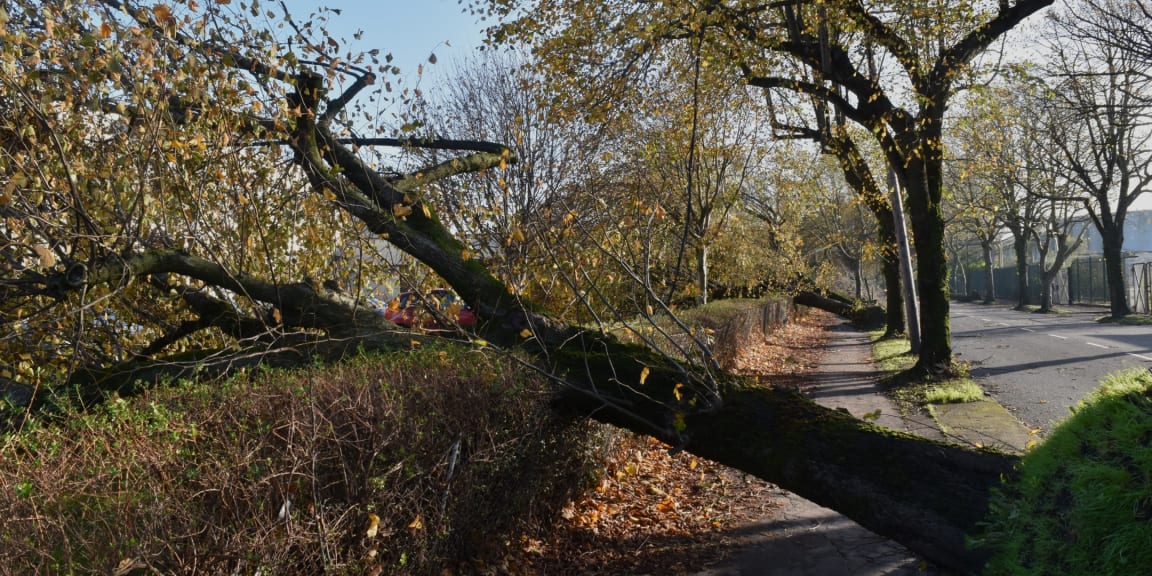
Using solar in a power cut
Running your house from solar power during a power cut.
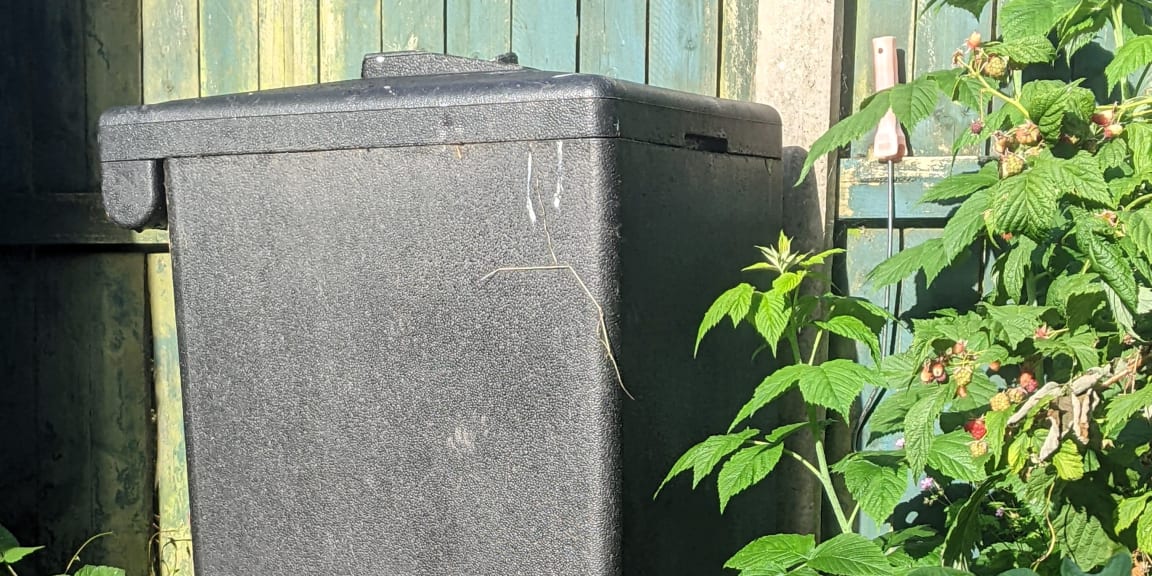
What to do with food waste?
At look at the options available in Ireland for disposing of your food waste at home.